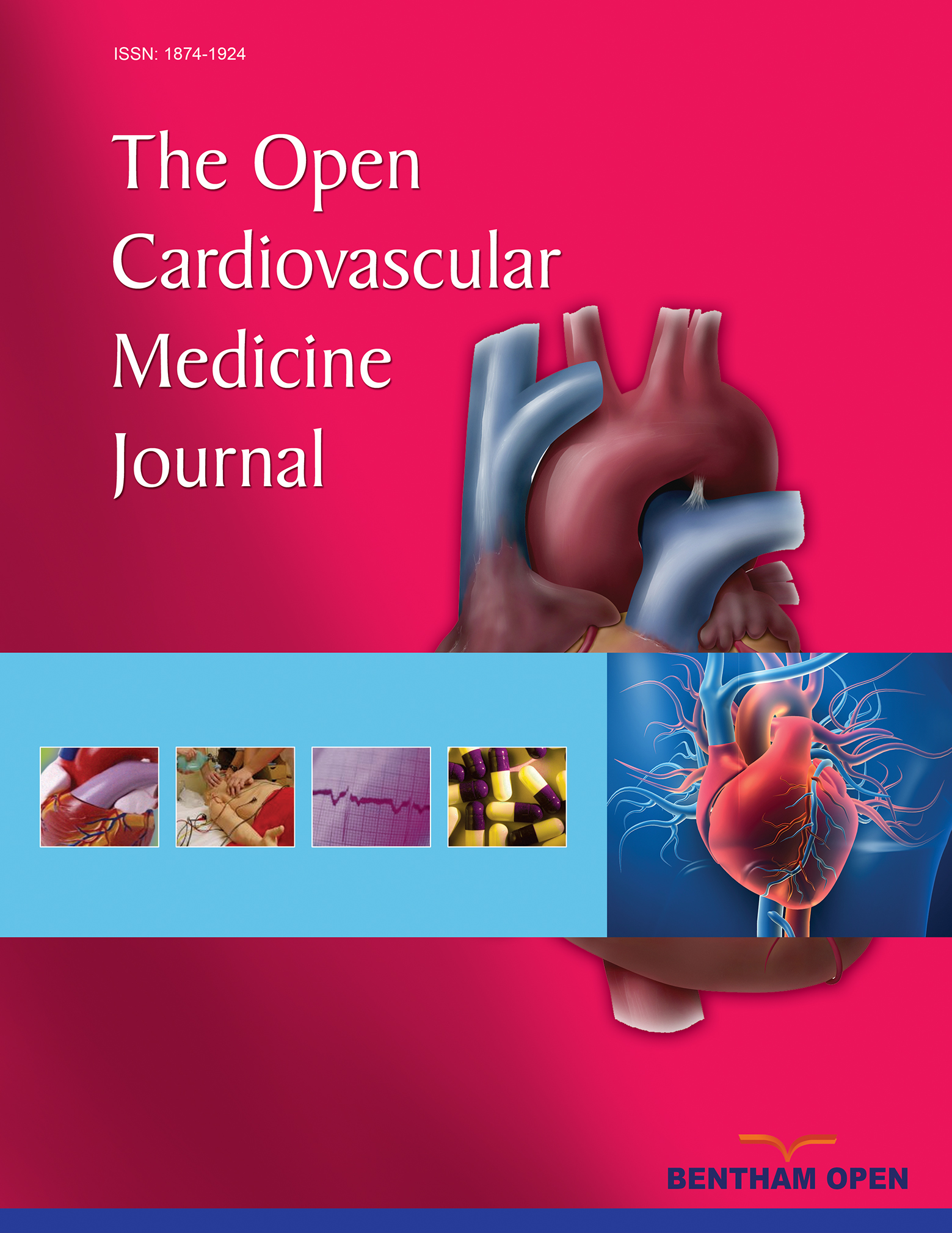All published articles of this journal are available on ScienceDirect.
Initial Experience with Renal Denervation for the Treatment of Resistant Hypertension - The Utility of Novel Anesthetics and Metaiodobenzylguanidine Scintigraphy (MIBG)
Abstract
Background:
The Symplicity-HTN 3 trial failed to show significant difference in blood pressure (BP) lowering between patients undergoing catheter-based renal denervation (RDN) and the sham-procedure arm of the study. However, there is still optimism about the role of RDN in the treatment of resistant hypertension, because identification of patients with increased sympathetic activity thus being good RDN responders, improvements in the RDN procedure and new technology RDN catheters are all expected to lead to better RDN results. We present our initial experience with RDN for the treatment of resistant hypertension, and the utility of novel anesthetics and cardiac 123I-metaiodobenzylguanidine scintigraphy (123I-MIBG).
Methods and Results:
Seven patients with resistant hypertension underwent RDN and were followed up for 6 months. MIBG was performed before RDN, in order to estimate sympathetic activity and predict the response to RDN. All patients were sedated with dexmedetomidine and remifentanil during RDN. All patients tolerated the procedure well, were hemodynamically stable and their peri-procedural pain was effectively controlled. A median of 7.6 ± 2.1 and 6 ± 1.4 ablations were delivered in the right and left renal artery respectively, making an average of 6.8 burns per artery. No peri-procedural or late complications - adverse events (local or systematic) occurred. At 6 months, mean reduction in office BP was -26.0/-16.3 mmHg (p=0.004/p=0.02), while mean reduction in ambulatory BP was -12.3/-9.2 mmHg (p=0.118/p=0.045). One patient (14.3%) was a non-responder. None of the cardiac 123I-MIBG imaging indexes(early and late heart-to-mediastinum (H/M) count density ratio, washout rate (WR) of the tracer from the myocardium) were different between responders and non-responders.
Conclusion:
Patients with resistant hypertension who underwent RDN in our department had a significant reduction in BP 6 months after the intervention. 123I-MIBG was not useful in predicting RDN response. Dexmedetomidine and remifentanil provided sufficient patient comfort during the procedure, allowing an adequate number of ablations per renal artery to be performed, and this could probably lead to improved RDN results.


